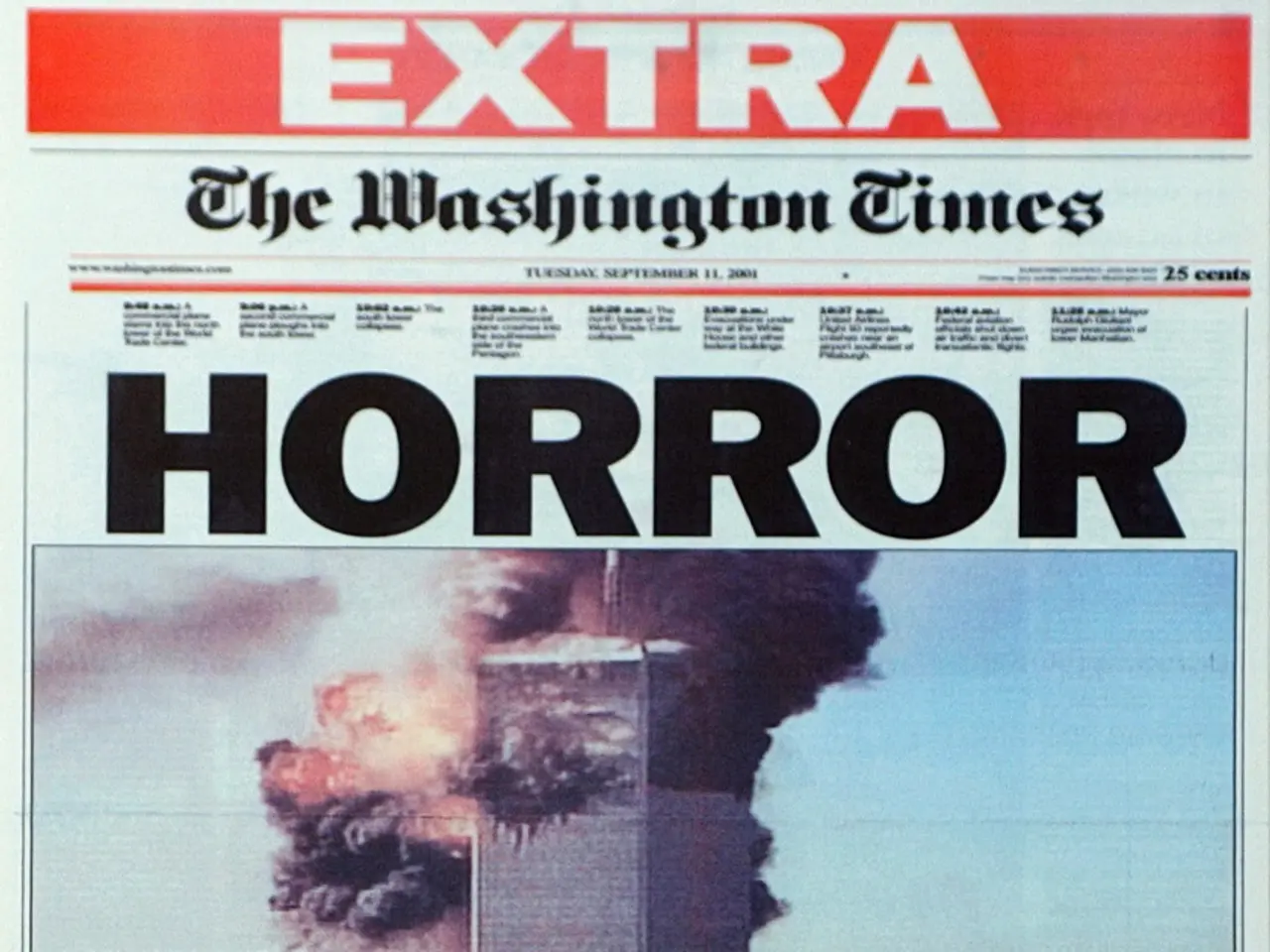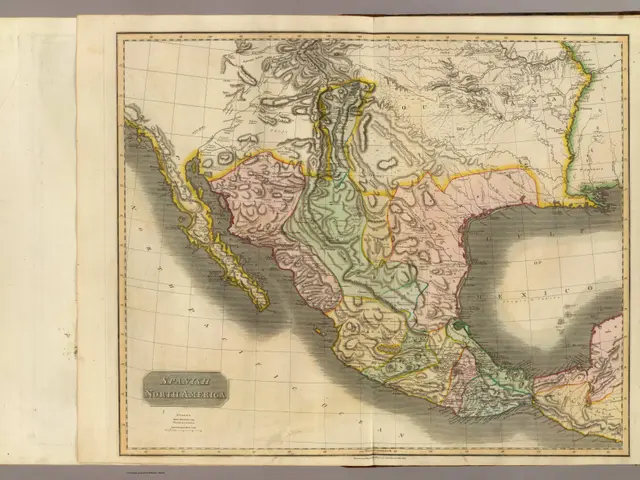Over 85 specialists label Trump's energy department's climate report as a "hoax"
In a move that has sparked debate, the Department of Energy (DOE) released a report on climate change, written by five authors known for their climate skepticism. The report, which was prepared in just four months, has been denounced for containing serious errors and manipulated quotes.
The real goal of the DOE report, according to critics, is to provide cover for overturning the 2009 endangerment finding, which established that greenhouse gases harm human health. If the endangerment finding is eliminated, federal regulations on vehicle, power plant, and industrial emissions could be dismantled.
A group of 85 climate change experts has published a critical analysis of the DOE's report, describing it as a "scientific mess." The alternative report, signed by specialists from more than 40 universities and research centers, raises concerns about the selective and decontextualized quotes, statistical errors or absence of verifiable data, omission of key research, and a high level of self-citation in the DOE report.
The controversy reflects the politicization of climate science in the United States, with the Trump administration seeking to delegitimize scientific consensus to justify regulatory rollbacks during an environmental crisis. Christopher Callahan of Indiana University warned that the DOE report is not impartial but a tool to support predetermined decisions.
The DOE report did not undergo peer review, as required by the guidelines of the Office of Management and Budget. This lack of review has led to concerns about the report's accuracy and reliability. Andra Garner from Rowan University spent weeks correcting a government report filled with manipulated data.
Meetings regarding the DOE report were held behind closed doors and without respecting transparency rules that should govern federal committees. Abigail Swann from the University of Washington emphasized that legal decisions should not be based on unreviewed documents that distort scientific knowledge.
Energy Secretary Chris Wright defended the report as an effort to "counteract the cancellation of science." He claimed that the authors received no political instructions. However, the selection of these authors could violate a 1972 law requiring balance of perspectives in federal advisory committees.
The parallel report by the 85 experts will be incorporated into the official record as part of the public review process. Its real impact will depend on whether the courts or Congress decide to halt the attempt to reverse the endangerment finding. The battle transcends a report: it's about defending the credibility of science against political manipulation.
Official climate reports usually involve hundreds of experts and years of work, with multiple rounds of internal and external review. The DOE document, on the other hand, was written in secret and in a matter of months. The scientific community organized a peer review for the DOE report when it became clear that the DOE was not going to do so.
The controversy surrounding the DOE report is a reminder of the importance of scientific integrity and the need for transparency in government decision-making. As the world grapples with the challenges of climate change, it is crucial that scientific findings are not distorted by political agendas.
Read also:
- Russia, according to Zelensky, lacks the prowess for launching another significant offensive.
- Amidst India's escalating climate crisis, transgender individuals continue to persevere
- Contentious Discussion Surrounding the Movie Release of "Planet of the Humans"
- Germany's three-month tenure under Merz's administration feels significantly extended








